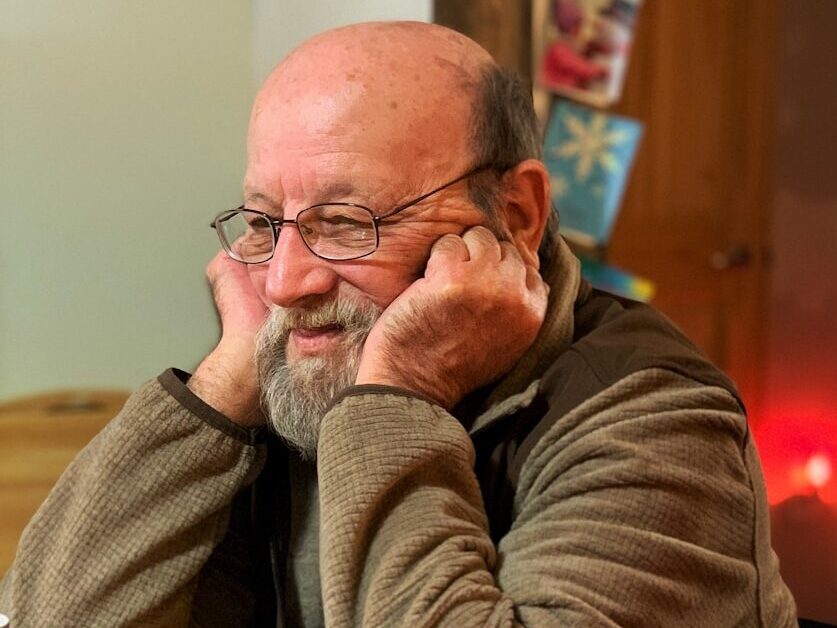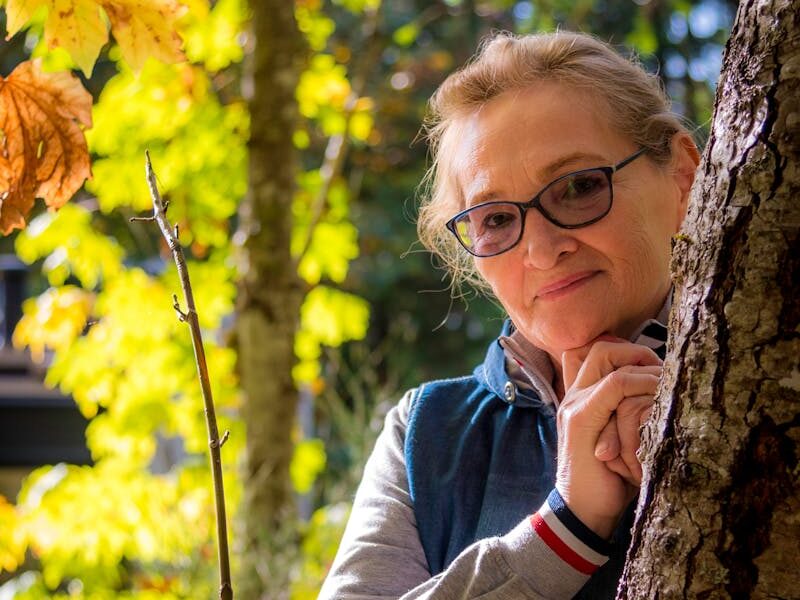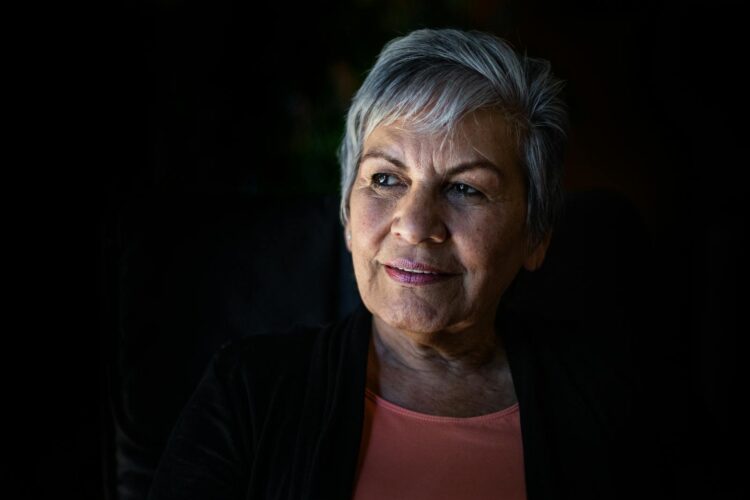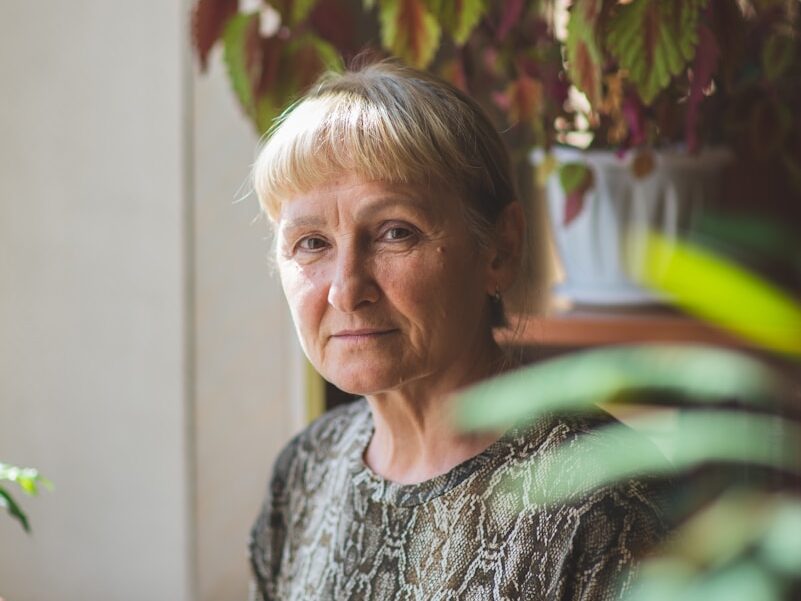
As kids grow into adults, it’s normal for the parent-child relationship to shift. But sometimes, that shift feels less like a healthy space and more like the distance that stings. You start to notice they’re not calling as often, or their answers feel shorter, or you’re the last to know what’s going on in their lives. If you’ve been sensing a change but can’t quite put your finger on it, here are 15 subtle but real signs your adult kids might be pulling away.
They Don’t Call or Text Unless You Reach Out First

When you’re always the one starting the conversation, it slowly starts to feel one-sided. Days or even weeks might go by without a call, and unless you make the effort, silence is all you get. At first, you may chalk it up to their busy schedule, but after a while, it starts to feel like they’ve moved you to the back burner without really meaning to.
Their Conversations Are Surface-Level or Brief

If they used to share long stories, funny details, or emotional check-ins and now only talk about safe, generic topics like the weather or work, something has shifted. The conversations might feel stiff or scripted, as if they’re just trying to be polite rather than truly connect. When the depth disappears, so does the emotional closeness that once made your bond feel unshakable.
They Don’t Ask for Your Advice Anymore

You used to be the person they called when life got messy or decisions felt too big. Whether it was money problems, career questions, or heartbreak, you were their go-to voice of reason. But now, major choices come and go, and you find out after the fact—or not at all. That lack of inclusion can feel like a sudden emotional shutout you never saw coming.
Time Together Feels Rushed or Obligatory

When they do visit, the energy is different. They may keep glancing at the clock, check their phone constantly, or leave earlier than planned. Maybe they even make comments like, “I’ve got a lot going on right now,” or “I’ll try to stop by next time.” If their presence feels more like checking a box than wanting to spend time, it’s a signal something’s changed.
They’ve Stopped Sharing the Small Details of Life

You used to hear about their new coworkers, what they cooked for dinner, or the funny things that happened at the store. Now, the little updates have vanished. These everyday details seem small, but they’re the glue of closeness. When your adult kids no longer think to share them, it’s a quiet way of saying you’re no longer part of their inner world like you used to be.
You Find Out Big News Through Someone Else

Hearing about their engagement, new apartment, or career move from another relative or even social media can be a gut punch. It shows they didn’t think, or want, to tell you directly. Maybe they think you’ll worry too much or ask too many questions, but being left out entirely sends a clear message: they’re choosing to keep you at a distance, even during life’s most important milestones.
They Avoid Emotional or Serious Topics

If your conversations stay strictly in the realm of casual chit-chat, and they quickly shut down anything that feels too deep, there’s likely emotional space forming. You might try asking how they’re really doing and get a short, clipped “I’m fine.” This kind of withdrawal often means they’re protecting themselves—or protecting you—from the deeper truth. Either way, the connection suffers quietly but noticeably.
They Spend More Time With Their Partner’s Family

It hurts when holidays, vacations, and even simple weekend dinners are always with the in-laws while you get the leftovers—if anything at all. You might hear things like, “We already made plans with their side,” or “We’re doing Christmas there this year.” While it’s natural to expand family circles, constantly being deprioritized can leave you feeling like a background character in their life.
They Cancel Plans Without Real Explanation

If they often cancel visits or calls with vague reasons—or no real reason at all—it may be more than just a scheduling conflict. Maybe they say they’re “swamped” or “not feeling up to it,” but when it keeps happening, it starts to feel like avoidance. You’re left wondering if it’s something you did or if they’re simply drifting further away and don’t want to say it out loud.
You Feel Like You’re Walking on Eggshells

When you start carefully editing what you say or holding back your emotions for fear of “pushing them away,” something deeper is off. You might avoid certain topics or opinions just to keep the peace. That tension—where connection used to be—is usually a sign that things are off-balance, and you’re doing all the work to hold on while they slowly let go without discussion.
Traditions You Shared Don’t Matter to Them Anymore

Maybe they skip family holidays, forget your birthday, or decide not to carry on traditions you once held dear. They might say they’re “doing things differently this year” or that they’re “too busy.” While people grow and change, completely discarding shared rituals can feel like a rejection not just of the event but of the relationship itself—especially if there’s no real effort to replace them with new memories.
They Plan Their Future Without Including You

You hear about their big move, long-term goals, or future plans without ever being asked your thoughts—or even informed beforehand. Maybe they’re moving across the country or planning to start a family, and you only find out after everything is already decided. When your input or presence isn’t part of their life vision, it can feel like they’re leaving you behind in more ways than one.
Their Tone Becomes Distant or Overly Formal

Sometimes, it’s not what they say but how they say it. Their voice might lose its warmth, their texts might read more like work emails, or their laughter doesn’t come as easily. The natural comfort you once shared starts to fade, replaced with polite but cool communication. It can leave you feeling like you’re interacting with a stranger who just happens to share your last name.
They Set Boundaries Without Context or Conversation

You might hear things like, “I need space,” or “I just can’t deal with family stuff right now,” without any explanation or invitation to talk. These boundaries can feel sudden or very confusing, especially if they don’t come with clarity. While healthy boundaries are good, being shut out without context leaves you spinning—wondering what went wrong or why you’re being kept at a distance without a real discussion.
You Feel It Deep Down—Even If You Can’t Explain It

Sometimes, the hardest sign to ignore is the one you feel in your gut. You sense the emotional distance in their tone, the hesitation in their replies, or the way they seem to have emotionally relocated. Even if nothing specific was said, and even if things still look “normal” on the surface, your intuition tells you that the connection has faded. That feeling alone speaks volumes.

